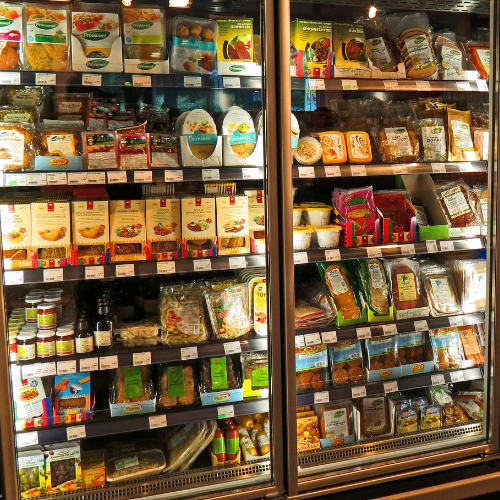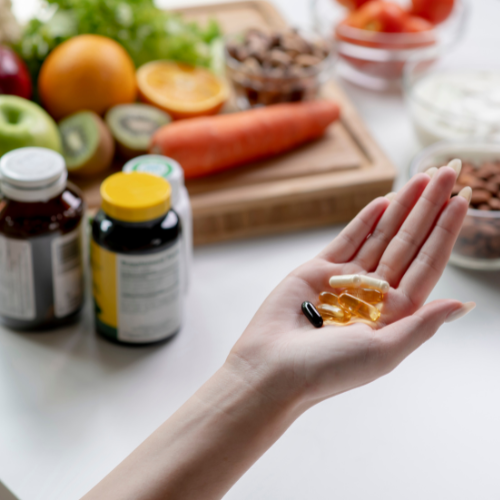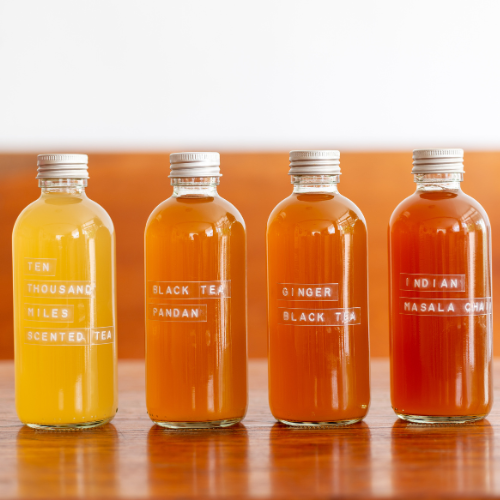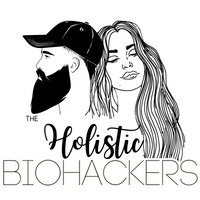
Is Your Favorite Zero Calorie Sweetener Putting Your Health as Risk?
This site contains affiliate links which provide us compensation for purchases at no cost to you. Read the full disclosure here.
This post is all about the risks and benefits of each zero calorie sweetener- saccharin, acesulfame, aspartame, sucralose, stevia and monk fruit- and which ones are the healthiest option.
In today’s health-conscious society, many people are turning to zero calorie sweeteners as an alternative to traditional sugar.
Unfortunately, with the number of artificial sweeteners on the market, as well as all of the controversy surrounding the safety of consuming them, it can be a hard road to navigate when seeking the healthiest option.
In this blog post, we will cover everything about each zero calorie sweetener, the risks, benefits and which ones you should opt for if you are looking to make a healthier choice.
By understanding their benefits and risks, we can make informed decisions about which ones are truly the healthiest for our bodies.
1.) Saccharin (“Sweet ‘N Low”)
Rating: 3/10

Saccharin is a zero- calorie sweetener (also known as “Sweet ‘N Low”) that is 300-400x sweeter than regular sugar. It is commonly found in diet soda, candies, jams and even children’s medicine.
Benefits of Saccharin:
- Zero-calorie
- Does not impact blood sugar immediately
- Widely available
- Heat stable
Risks of Saccharin:
- Potential link to cancer
- Possibility of allergic reactions
- Linked to gut dysbiosis (bloating, gas, diarrhea)
- Long term use linked to oxidative stress, high blood sugar, glucose intolerance obesity, kidney and liver issues.
2.) Acesulfame Potassium (“Sweet One”)
Rating: 4/10
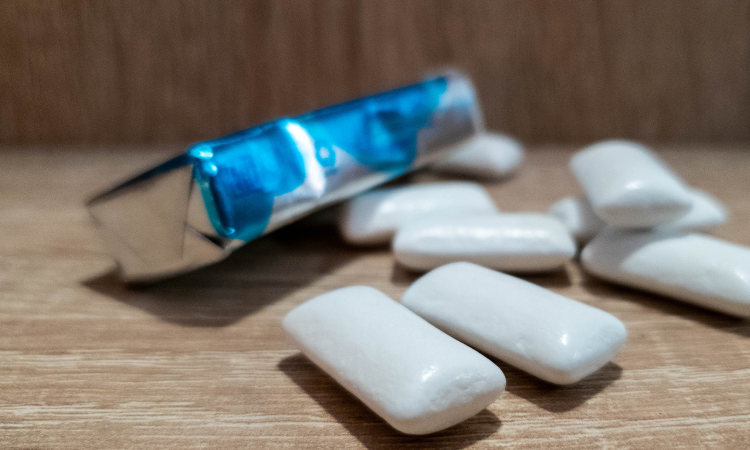
Acesulfame Potassium is an artificial sweetener (also known as “Sunett” or “Sweet One”) that is 200x sweeter than regular sugar. It is often found in conjunction with aspartame. It is commonly found in diet sodas, “Extra” gum, Mio water enhancer, condiments and sugar- free desserts.
Benefits of Acesulfame Potassium:
- Zero-calorie
- Does not impact blood sugar immediately
- Widely available
- Heat stable
Risks of Acesulfame Potassium:
- Has been found to lead to poor appetite regulation and weight management
- Possibility of adverse reactions
- Linked to gut dysbiosis (bloating, gas, diarrhea and nausea)
- Limited research done on health safety and effects
- Long term use linked to kidney and liver problems, high blood sugar, glucose intolerance, mood dysregulation and eyesight problems.
3.) Aspartame (“Equal”)
Rating: 5/10

Aspartame is a low- calorie artificial sweetener (also known as “Nutri-Sweet” or “Equal”) that is 200x sweeter than regular sugar. It is commonly found in diet sodas, Crystal light, dairy products, nutrition bars, sugar free jell-o, “Extra”, “Wrigley” and “Mentos” gum, syrups and condiments.
Benefits of Aspartame:
- Low-calorie
- Does not impact blood sugar immediately
- Widely available
- Heat stable
- Does not contribute to tooth decay
Risks of Aspartame:
- Linked to migraines and headaches
- Has been found to lead to poor appetite regulation and weight management
- Linked to gut dysbiosis (bloating, gas, diarrhea)
- Long term use linked to high blood sugar, glucose intolerance
- Now classified by the IARC (International Agency for Research on Cancer) as "possibly carcinogenic to humans"
4.) Sucralose (“Splenda”)
Rating: 5/10
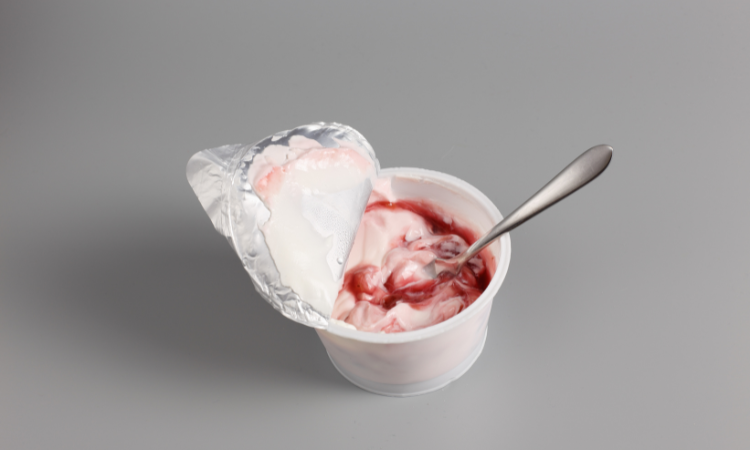
Sucralose is a low- calorie artificial sweetener (also known as “Splenda”) that is 600x sweeter than regular sugar. It is commonly found in diet sodas like “Coke Zero”, Quest protein bars, Dannon Light & Fit greek yogurt, condiments, desserts and gum.
Benefits of Sucralose:
- Zero-calorie
- Does not impact blood sugar immediately
- Widely available
- Heat stable
- Does not contribute to tooth decay
Risks of Sucralose:
- Linked to headaches and migraines
- Has been found to lead to poor appetite regulation and weight management
- Linked to gut dysbiosis (bloating, gas, diarrhea)
- Linked to increasing blood sugar in long and short term use
- Possibility of allergic reactions
- Is classified as "genotoxic" with ability to harm DNA
5.) Stevia∗
Rating: 9/10

Stevia is a natural, zero- calorie artificial sweetener (also known as “Truvia”) that comes from the Stevia rebaudiana plant. It is 200-300x sweeter than regular sugar. It is commonly found in KIND bars Organic Valley milks, nutritional supplements, some Halo Top ice creams, sports drinks and yogurt.
Benefits of Stevia:
- Zero-calorie
- Does not impact blood sugar- ever.
- Heat stable
- Does not contribute to tooth decay
- Naturally made from the leaves of a plant
- Ability to help control apetite and weight
- Antioxident properties that have been shown to help prevent pancreatic cancer
- Helps to lower blood sugar
Risks of Stevia:
- Some reports of GI discomfort symptoms (bloating, gas)
- Possibility of allergies (especially if you have a ragweed, marigold, or daisy allergy)
- It can lower blood pressure which may pose a risk for people with hypotension
- Not as widely available as other artificial sweeteners
- High doses and long term use may affect the hormones estrogen and testosterone
6.) Monk Fruit∗
Rated: 9/10
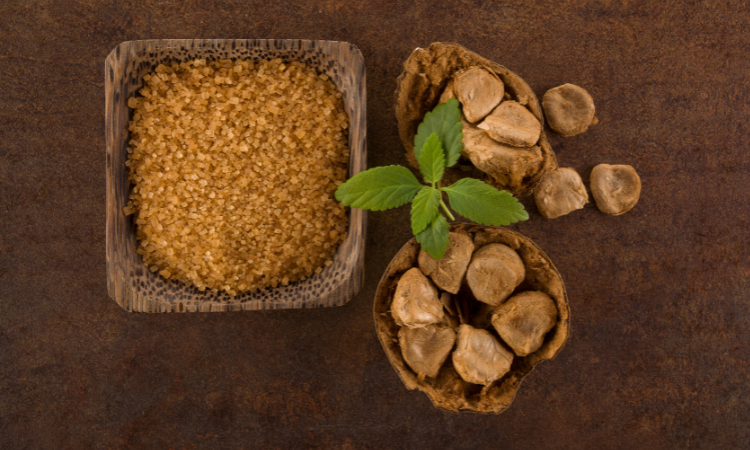
Monk fruit is a natural, zero- calorie sweetener that comes from a melon-like fruit and is 150-200x sweeter than regular sugar. Unfortunately, it is not found in many products but it is used in protein bars, premade smoothies and on its own as a powder.
Benefits of Monk Fruit:
- Zero-calorie
- Does not impact blood sugar
- Does not contribute to tooth decay
- Naturally made from a fruit
- Ability to help control apetite and weight
- The sweetener in Monk Fruit, called Mongrosides, has been found to reduce inflammation, lower risk of chronic diseases and help shrink cancer cells
- Helps combat fatigue and boost energy
Risks of Monk Fruit:
- Some reports of GI discomfort symptoms (bloating, gas)
- Possibility of allergies (especially those who have an allergy to melons, cucumbers, or pumpkins)
- Frequently paired with the sugar alcohol, Erythritol, which in conjuction with other sweeteners has been linked to blood clot formation, strokes and heart attacks.
- Not commonly used
- Can be pricey
The healthiest options are…..
Stevia and Monk Fruit
Stevia and monk fruit stand out as two of the healthiest options among sweeteners due to their natural origins and minimal impact on blood sugar levels and health benefits.
Both stevia and monk fruit are free from artificial additives and are considered safe for most people, offering a healthier alternative to traditional sugar and artificial sweeteners.
If you are looking to incorporate healthy sugar alternatives into your own recipes, here are the artificial sweetener options we use and recommend.
These are the healthiest, most pure forms of Stevia and Monk Fruit that we can find and use these both in any baking recipes we try!
- No other ingredients- stevia ONLY
- Organic & non-GMO
- No artificial after-taste
- Organic, non-GMO, kosher
- 100% pure monk fruit (no additives or erythritol)
- Zero calories
- Great taste

